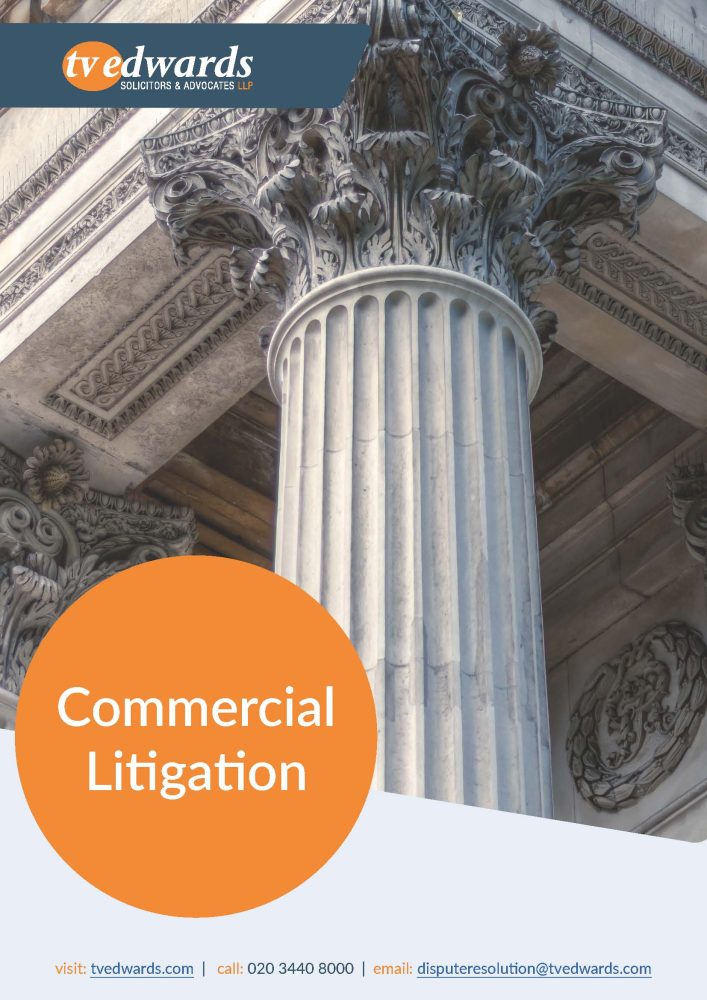If someone has damaged you or your business’s reputation, our team of defamation claims solicitors can help. Whether you’ve been defamed in writing (libel) or vocally (slander), we can help you clear your name fast.
Our experienced defamation solicitors in London will guide you through the process. From recovering damages to receiving an apology, we’ll find the best solution for your case. We understand how upsetting defamation can be, and have worked with many professionals to protect and restore their reputation.
Defamation is when someone makes a false statement about you that causes serious harm to your reputation. It can affect your personal life, your career, or your business – from damaged relationships to lost income.
Types of defamation
- Libel: Written or published defamation, such as in newspapers, blogs, or on social media.
- Slander: Spoken defamation, such as rumours or accusations made in person or on a call.
You usually have one year from the date the statement was first published to bring a defamation claim. To make a successful defamation claim, you must be able to prove the following about the statement.
- The statement definitely refers to you or your business (you don’t need to be named explicitly)
- It’s been shared with at least one other person, for example, an email or a social media post
- It is likely to cause serious harm to your reputation and lower you in other people’s estimation
What if I’ve been accused of defamation?
If someone has accused you of defamation, there are a few ways in which it can be defended legally.
- The statement was substantially true (a restaurant review, backed by inspection reports)
- The statement was an honest opinion (a blog post calling a film boring and poorly made)
- The statement was a matter of public interest (reporting on a politician’s misuse of funds)
Some statements – such as those made in court – are also protected by absolute privilege, meaning you can’t be sued for them. Defamation has serious implications and should be addressed as quickly as possible.
Related Defamation Services
What to Expect From Our Defamation Solicitors?
We act for both claimants and defendants in defamation claims, for corporate clients and individuals.
Our experienced defamation lawyers can help you gather evidence, prepare and send letters, or represent you in court if needed. If you’ve been defamed, there are some ways our solicitors can help put things right.
- Compensation for the distress and damage caused to your reputation or finances
- Stopping more harm by applying for a court order to prevent them from repeating the statement
- Getting the statement removed (for example, taking down a social media post) or unshared
- Receiving a public apology from the person, especially if they made an honest mistake
Extra compensation may also be awarded to punish the person who made the defamatory statement.
Why Choose TV Edwards?
- Highly ranked in legal directories – Recognised by Legal 500 and Chambers UK
- Proven success – A track record of helping clients protect and restore their reputation
- Cost-effective solutions – We prioritise practical resolutions to keep costs manageable
- Specialist expertise – We understand the financial and reputational effects of defamation
Client-first approach – Clear, honest legal advice from start to finish, tailored to you
Client Testimonials
Defamation Frequently Asked Questions
Is it worth suing for defamation in the UK?
It can be worth suing for defamation in the UK, especially if the statement has caused serious harm to your reputation, work, or personal life. Our experienced solicitors can help assess if you have a strong case.
What is the average payout for defamation in the UK?
Payouts for a defamation claim in the UK can vary a lot, depending on the damage caused to someone’s business or reputation. Some claims settle for a few thousand pounds, while serious cases are higher.
What proof do you need for defamation of character?
To prove someone has defamed you, you’ll need to show the statement was made about you, was shared with at least one other person, caused serious harm to your reputation, and was not true or for the public interest.
What about defamation on social media?
Defamation has become more complex with the popularity of social media and online publications. Just like newspapers or TV, posts on Twitter, Facebook, and TikTok can be challenged with screenshots and dates.
What is the basic process for making a defamation claim?
To make a defamation claim, our solicitors will review the facts about your case and advise on your legal position. If your case is strong, we may send a letter, negotiate a settlement, or take the matter to court.
 You & Your Family
You & Your Family You & Your Property
You & Your Property You & Your Business
You & Your Business















